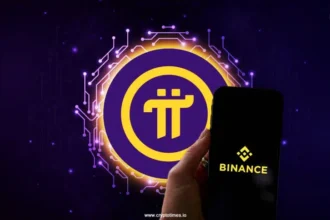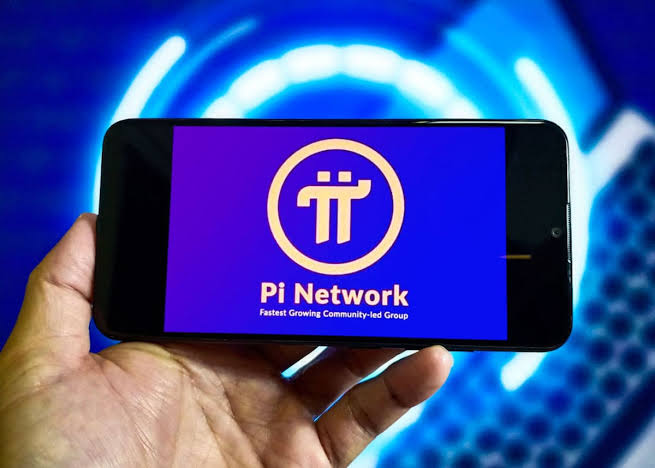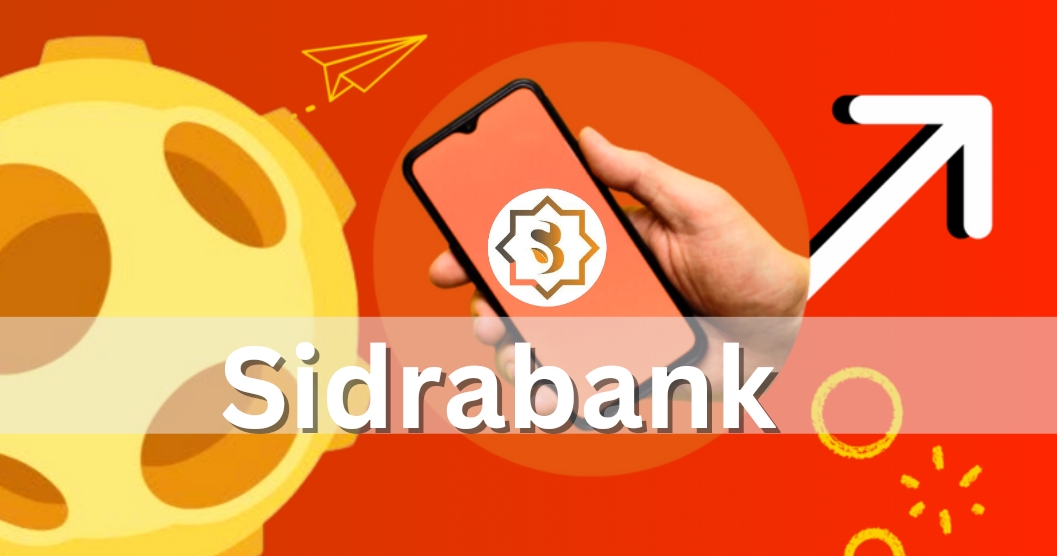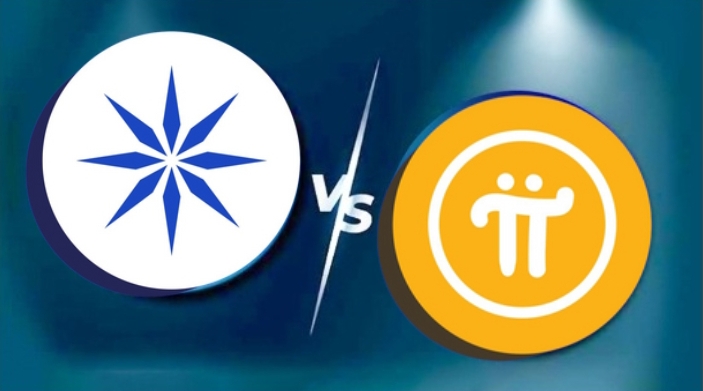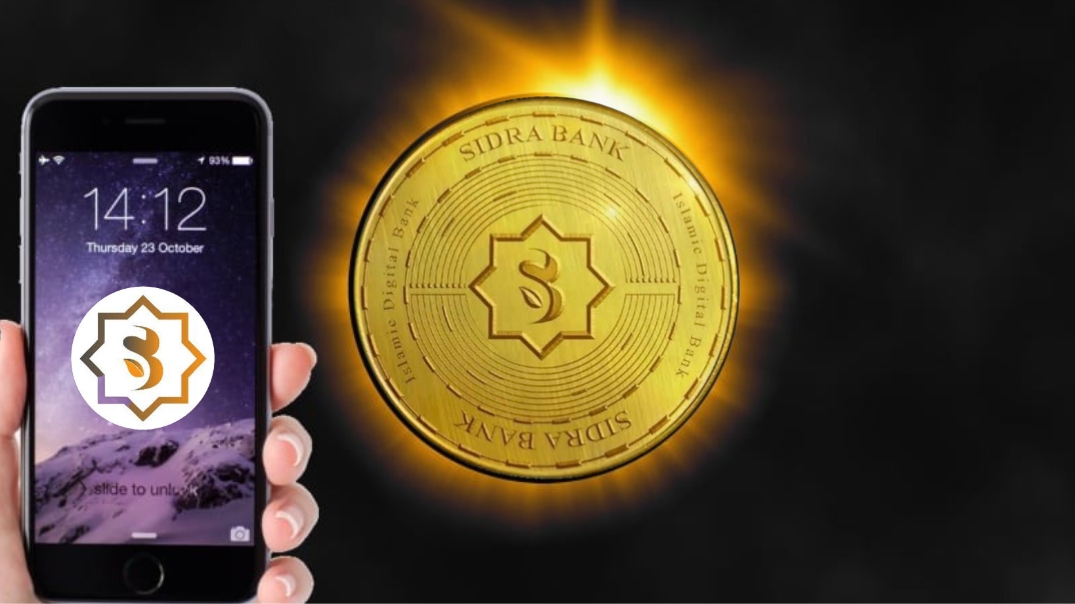The emergence of cryptocurrency, often viewed as a transformative financial technology, is taking an intriguing turn as it intersects with the principles of Islamic finance. Sidra Bank, a pioneering venture aiming to establish a Shariah-compliant decentralized asset platform, stands at the forefront of this confluence. By harmonizing cryptocurrency with Islamic financial values, Sidra Bank is opening a new chapter for the global Muslim community in digital finance.
The Promise of Shariah-Compliant Crypto
Islamic finance, rooted in ethical principles that go back centuries, places a strong emphasis on fairness, transparency, and risk-sharing. It prohibits specific financial practices, most notably interest-based lending (riba), as well as investments in businesses involving activities deemed haram (forbidden) by Islamic teachings, such as gambling, alcohol, and certain speculative practices.
Sidra Bank aims to build a platform aligned with these values, making it an attractive option for Muslims who want to participate in the growing world of crypto and blockchain while upholding their beliefs. For many, the idea of Shariah-compliant crypto presents the opportunity to engage in digital finance responsibly. By adhering to these ethical standards, Sidra Bank could bridge the gap between the rapidly growing crypto ecosystem and a segment of investors and users who have traditionally stayed away due to religious considerations.
The Promise of Shariah-Compliant Crypto
Islamic finance, rooted in centuries-old principles, is characterized by its ethical and risk-averse approach. It prohibits practices like interest-based lending (riba) and investments in businesses engaged in activities considered haram (forbidden) by Islamic teachings.
By adhering to these principles, Sidra Bank seeks to create a platform that aligns with the values of millions of Muslims worldwide. This could potentially open up new avenues for Islamic finance, allowing individuals to participate in the burgeoning crypto and blockchain ecosystem while remaining faithful to their religious beliefs.
The Challenges Ahead
While the concept of Shariah-compliant crypto is promising, it faces several significant challenges:
-
Ensuring True Shariah Compliance:
- Complex Financial Instruments: The decentralized nature of cryptocurrency and the emergence of complex financial instruments like DeFi protocols can make it difficult to ensure strict adherence to Shariah principles.
- Dynamic Regulatory Landscape: The rapid evolution of the crypto industry, coupled with varying regulatory frameworks across different jurisdictions, poses additional challenges.
- Lack of Clear Guidelines: The Islamic finance industry is still developing guidelines for cryptocurrencies and blockchain technology, which can lead to uncertainty and potential misinterpretations.
-
Regulatory Hurdles:
- Navigating Regulatory Requirements: Obtaining necessary approvals and licenses from regulatory authorities can be a lengthy and complex process, especially for innovative projects like Sidra Bank.
- Compliance Costs: Adhering to regulatory standards can incur significant costs, which may impact the project’s viability.
-
Technological Limitations:
- Scalability and Performance: As the number of users and transactions on the platform grows, ensuring scalability and efficient performance becomes crucial.
- Security Risks: Cryptocurrencies are susceptible to various security threats, including hacking and theft. Implementing robust security measures is essential to protect users’ assets.
A Word of Caution
While Sidra Bank presents an exciting opportunity, it’s essential to approach it with caution. As with any investment, thorough research and due diligence are crucial. Before considering participation in such projects, investors should:
- Consult with Experts: Seek advice from financial and legal experts, particularly those with knowledge of Islamic finance and cryptocurrency.
- Understand the Risks: Be aware of the inherent risks associated with cryptocurrency investments, including market volatility and potential loss of capital.
- Stay Informed: Keep abreast of the latest developments in the crypto industry and the project’s progress.
- Diversify Your Portfolio: Avoid putting all your eggs in one basket. Diversification can help mitigate risks.
As the crypto industry continues to evolve, it’s likely that we will see more Shariah-compliant projects emerge. However, it’s important to remain skeptical and approach these initiatives with a critical eye. By understanding the potential benefits and risks, investors can make informed decisions that align with their financial and religious goals.
Conclusion
Sidra Bank represents a significant step towards bridging the gap between Islamic finance and the world of cryptocurrency. By addressing the challenges and seizing the opportunities, this project could revolutionize the way Muslims interact with digital assets. However, it’s imperative to proceed with caution and seek expert advice to navigate the complex landscape of Shariah-compliant crypto finance. Continue Reading


